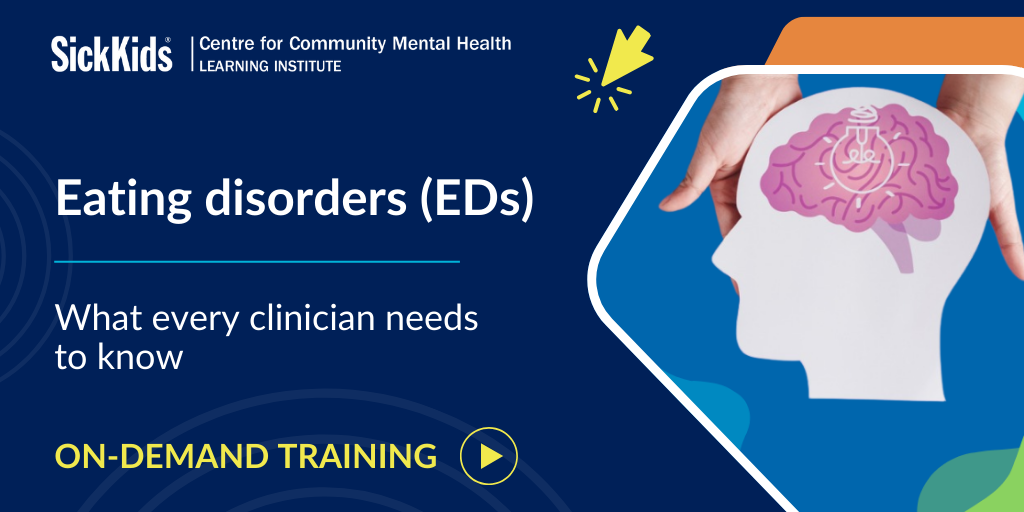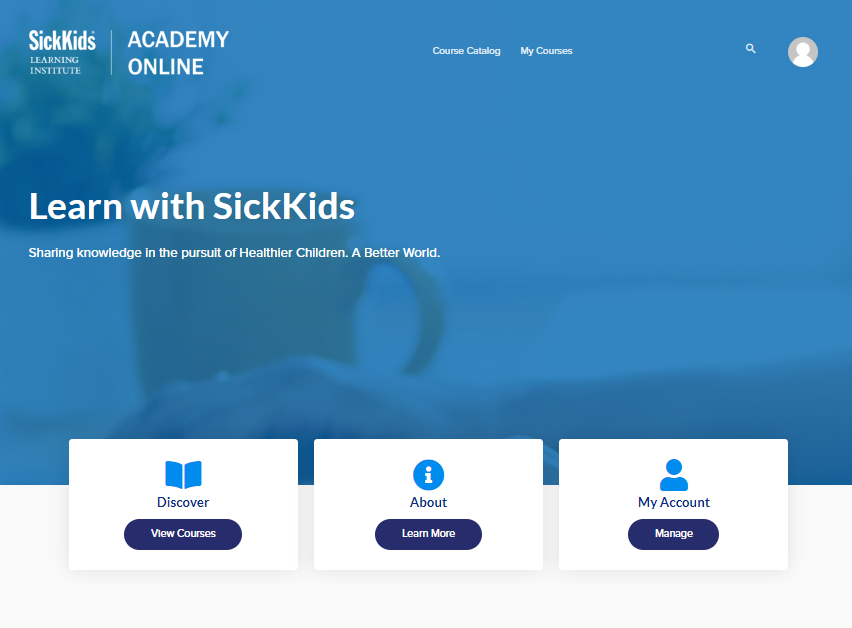Eating disorders (EDs): What every clinician needs to know

This training is suitable for:
This eating disorders introductory training course is designed for all health-care practitioners who plan to work or are currently working in the eating disorder field. It provides core foundational training. However, due to the rapid evolution of knowledge in the field, it can also serve as a refresher for anyone who hasn’t received up-to-date training recently.
Description:
The demand for eating disorder (ED) treatment has never been greater. Over the course of the pandemic, the number of people suffering from an ED and seeking professional help has increased substantially. Waiting lists for hospital programming and for private eating disorder centres are exceptionally long. Chronic in nature, highly debilitating and associated with extremely high mortality rates; eating disorders can’t afford to wait. Given the severity and the sheer demand for services, it is reasonable to expect that health-care practitioners will have a lot of patients and clients with EDs. Stigma, misconceptions, and a lack of clinical resources continue to impede early detection, proper assessment, and necessary treatment. Signs and symptoms are often missed. Thus, it is imperative that all clinicians have foundational knowledge to aid in prevention, early detection, and foundational treatment interventions.
This practical on-demand eating disorders introductory training provides health-care providers with foundational training in eating disorders. Participants can expect a focus on the latest clinical research on causal and maintaining factors, assessment guidelines, and foundational psychoeducation to improve early detection, treatment, and referral when needed.
Learning objectives:
- Identify and distinguish core features across 7 types of eating disorders
- Assess symptoms using standard measures
- Describe unique neurobiological and environmental underpinnings that cause and maintain eating disorders
- Develop awareness to monitor common physical and emotional consequences
- Assist clients in developing a non-dieting, mechanical meal plan
- Describe the rationale for, and concerns with, weighing clients
- Identify weight bias and stigma, and how to provide trauma-informed ED care
- Identify treatment options for clients with eating disorders
Modules (9.25 hrs):
- Eating disorders: Characteristics, evolution and controversies (1.5 hrs)
- Assessment of eating disorders: Recommendations and new directions (45 mins)
- Causes and maintaining factors: The latest in neuroscience and environment (1 hr)
- Medications and EDs (1 hr)
- Comorbidities and complications (50 mins)
- Weight science (2 hrs)
- Trauma-informed care overview (35 mins)
- Approaches to weighing and feeding people (1 hr)
- Treatment options: An overview of the evidence and levels of care (35 mins)
Upon registration, participants will receive a confirmation email that includes access information to our on-demand training platform, SickKids Academy Online. Participants will have access for 90 days from the date they begin the course on SickKids Academy Online. Following the training, participants are required to complete a quiz to receive the Certificate of Participation.

Updated January 5, 2026



